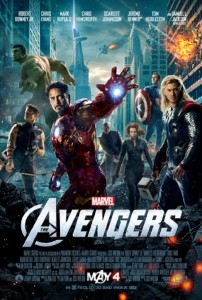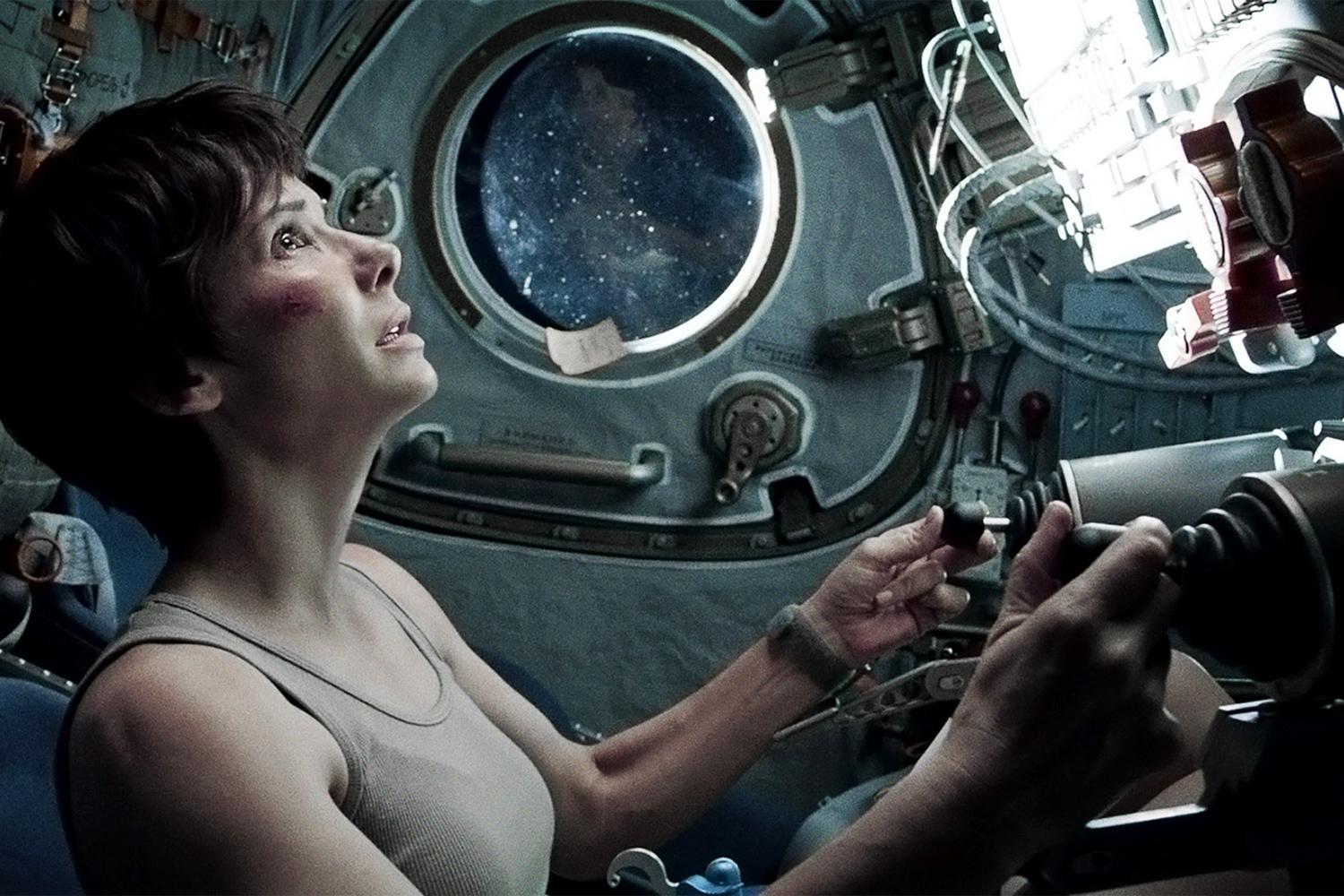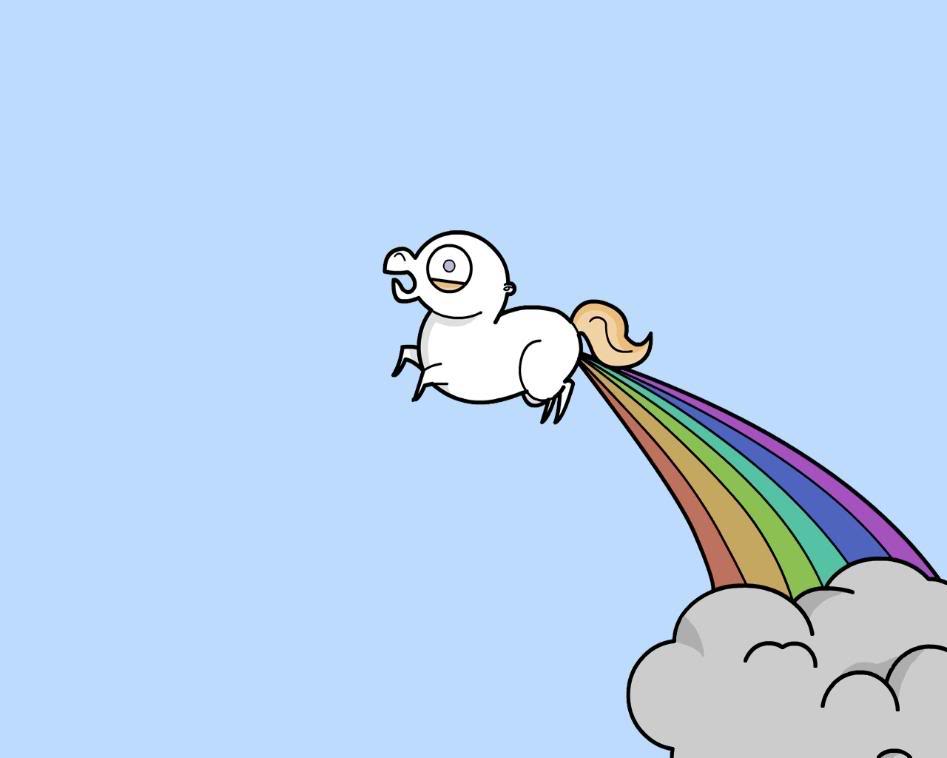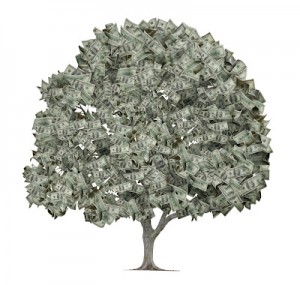A Brief History of Comics

When I started this endeavor, I was a superhero enthusiast and was faced with the endeavor of writing about something that had depth. Do comic books have depth? With a glance at the cartoonish drawings, and the speech bubbles that peppered each page a person may be quick to give a resounding no. But why then have comic books been the source of entertainment for generations?
Entertainment, many fans agree, has both complexity and a real humanism about it. But isn’t that a curious thing to think about; the fact that even though most comics have superhuman characters, and otherworldly qualities there is something strictly realistic- even human- about the universe and characters that have been constructed.
Perhaps to understand the influence comics have on modern American society, I must recount the history behind them. Comic strips paved the road for the rise of American comic books; the Funnies (comic strips) appeared every Sunday much to the amusement of the 1930’s American. With this newfound creation, the combination of words and images connected people of all ages and intelligence level.
Comic strips grew so popular that the publishers began to reprint collective groups of comic strips in book form of which the first was the Famous Funnies (Stephen Krensky “Comic Book Century: the History of American Comic Books).[1] Cheaper than fighting for the rights to print already printed material, artists and writes began to form collective groups that created original material, of which the formation of Marvel stems. In the coming chapters I will be focusing on Marvel’s The Avengers in particular. The history of The Avengers is a bit more complex and will be delved into throughout the book. But for a little background, the series started in the 1960’s has transformed from a cult following to a cultural phenomena. While the rotation of characters is too varied to list, the famous battle cry of “Avengers Assemble” is one of the constants about the series.

I have a few theories on why comics (and their subsequent movie creations) have such a great appeal. One, and perhaps the most obvious, is that it is a form of escapism. Comic strips were originally created to ease the depressive moods of unemployed workers during The Great Depression in the thirties (Krensky). That legacy continues in allowing today’s people a realm of hi-definition CGI action scenes and intense character development. My second theory is that there is a very human desire to be recognized, and seeing superheroes garner that recognition gives people hope that they too can do the same.
My driving question will be to investigate whether The Avengers has depth, and further, what effect it may have on today’s society. In the pages that follow, I will share my research and observation of comic book’s influence on my generation.
[1] Krensky, Stephen. Comic book century: the history of American comic books. Minneapolis: Twenty-First Century Books, 2008. Print.
_________________________________________________________________________________
This is written by Francesca Ciervo, Freshman at NYU.
Follow the Campus Clipper on Twitter and Like us on Facebook!
Interested in more deals for students? Sign up for our bi-weekly newsletter to get the latest in student discounts and promotions and follow our Tumblr and Pinterest.
























 Scenario 1: You’ve lived in New York City for the past year or two—or maybe your entire life. You’ve mistakenly taken the 4 train instead of the 5. The initial awe and shock of seeing street performers has worn off. You can successfully navigate through the tiny, winding streets of Chinatown and know where to get the best and cheapest bubble tea. You avoid the Thanksgiving Day Parade like the plague. You scoff at foreign friends’ suggestions to see Times Square or the Statue of Liberty. You know where the next Starbucks is without consulting your iPhone app (let’s be honest, though—the answer to this is usually one block from the last). You have funny stories about tourists and run-ins with celebrities, and you have much sought-after thoughts about what to do on Saturdays.
Scenario 1: You’ve lived in New York City for the past year or two—or maybe your entire life. You’ve mistakenly taken the 4 train instead of the 5. The initial awe and shock of seeing street performers has worn off. You can successfully navigate through the tiny, winding streets of Chinatown and know where to get the best and cheapest bubble tea. You avoid the Thanksgiving Day Parade like the plague. You scoff at foreign friends’ suggestions to see Times Square or the Statue of Liberty. You know where the next Starbucks is without consulting your iPhone app (let’s be honest, though—the answer to this is usually one block from the last). You have funny stories about tourists and run-ins with celebrities, and you have much sought-after thoughts about what to do on Saturdays.
